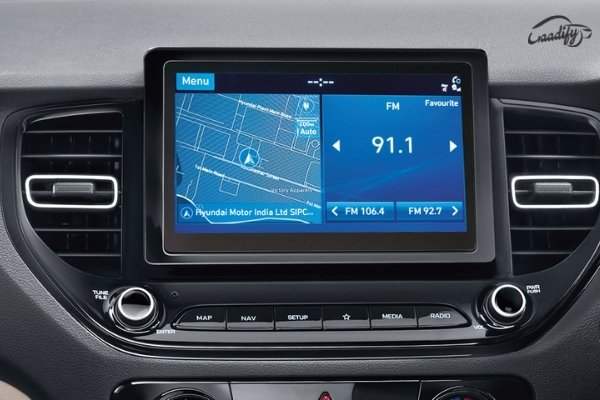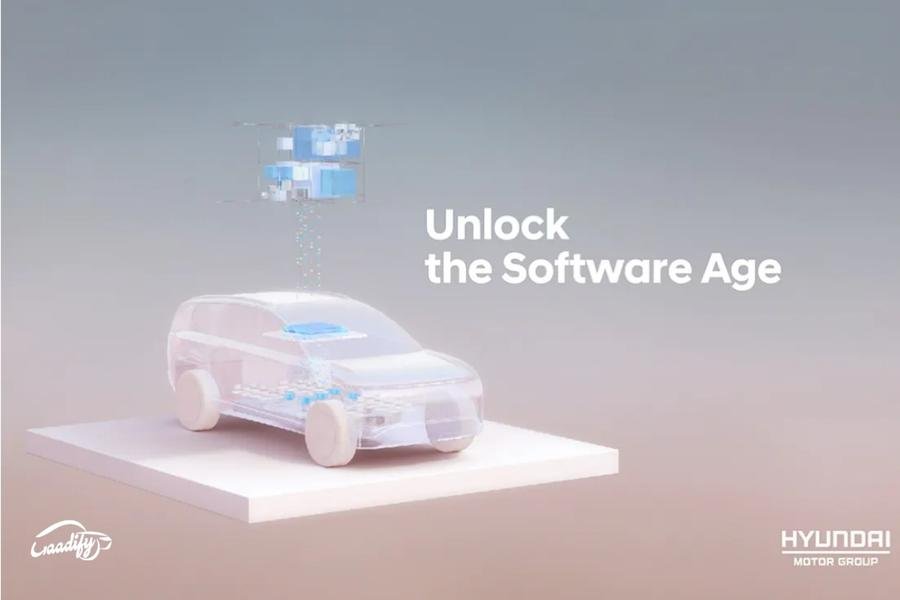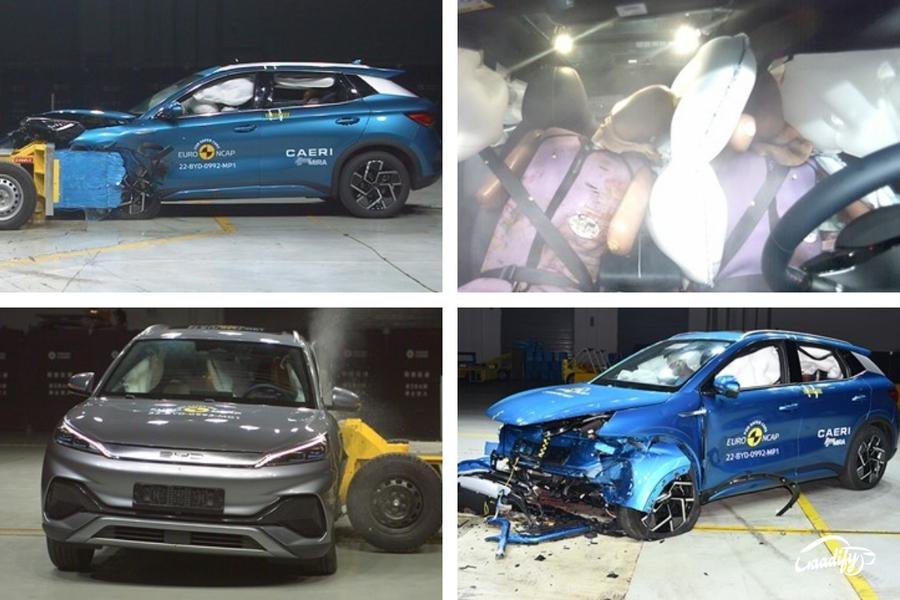Hyundai Motors announced a new global plan to transform its all vehicles into Software Defined Vehicles (SDVs) by 2025. All new ICE and electric vehicles, irrespective of their variants, sold from 2023 will be equipped to receive Over-The-Air (OTA) software updates to keep them up to date.
With this, customers will be able to update the performance and functionality of their vehicles remotely. By 2025, all Hyundai Motor Group vehicles will be equipped to receive OTA software updates. Hyundai Group will also roll out the Feature on Demand (FoD) services next year, allowing them to select and purchase functions & features that fulfil their requirements and preferences, thus, enabling them to create vehicles that best match their lifestyles.
Hyundai Group predicts 20 million vehicles to be registered to its connected car service worldwide by 2025 and their data will help them in the future development of personalized services.
Also Read: Offers & Discounts of Up to Rs 1 Lakh On Hyundai Cars This Diwali 2022 – Nios, i20 and More
New-Gen EV Platform In The Works
The auto giant is also developing two new platforms: eM and eS, under its Integrated Modular Architecture (IMA) system. The first model based on these architectures will debut in 2025.
The eM is an EV-specific platform for all segments that is projected to deliver a 50 per cent improvement in driving range over current EV models. It will also support Level 3 or higher autonomous driving technology and OTA software update features.

The eS platform, on the other hand, will be exclusive for Purpose Built Vehicles (PBVs), with a fully flexible structure to meet B2B demands, and provide tailor-made solutions for companies operating in the delivery, logistics, and car-hailing sectors.
Also Read: Mahindra XUV400 vs Tata Nexon EV MAX vs MG ZS EV vs Hyundai Kona Electric: Detailed Comparison
Since these platforms will be shared between models, it will intend to reduce the time required for all mass-production processes, leading to more efficient vehicle development and greater cost reductions. This will also improve the profitability of the Hyundai Group.







